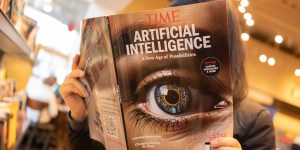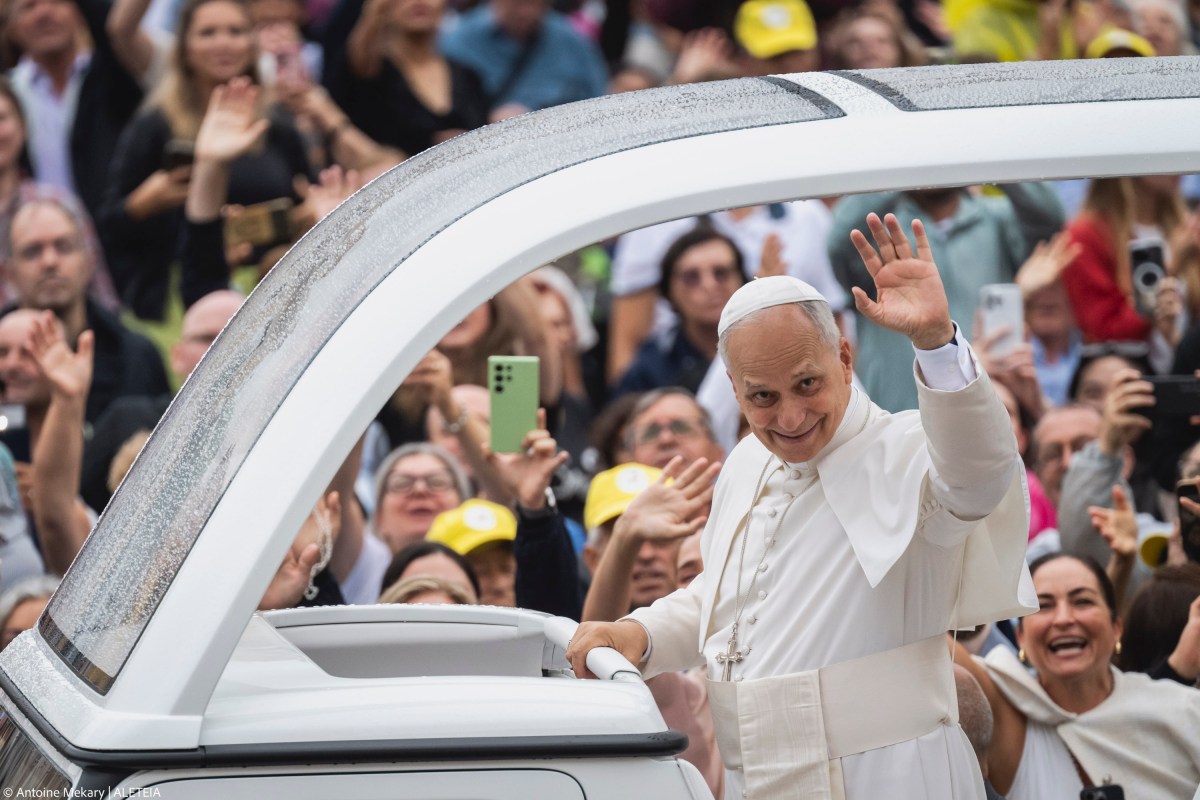Before being elected the 267th pope of the Catholic Church, Cardinal Robert Francis Prevost had a personal X (formerly Twitter) account. He thus became the first pontiff in history to have been personally active on social media.
Since his election, he has spoken about social media several times, highlighting the opportunities and risks of the digital revolution.
His predecessor, Pope Francis, often admitted that he wasn’t up to date with social media and modern means of communication. Pope Leo XIV, on the other hand, is familiar with the internet and cell phones.
“I wrote to him to wish him a happy birthday, and he replied to my WhatsApp message within a minute,” one of his close friends told us on September 14, the day the Holy Father turned 70 years old.
In his biography of Leo XIV (published by Loyola Press), Vatican expert Christopher White recounts a similar anecdote. At the time of the Habemus Papam, Father Joseph Farrell, an Augustinian priest close to Robert Prevost, was inundated with requests for interviews. When asked by a journalist about the pontiff’s favorite baseball team — Cubs or White Sox? — he sent the pontiff a message, just to make sure. And the answer came shortly after: “A one-word text from the new pope: Sox.”
A change of era
Far from being merely anecdotal, these stories of “papal chats” illustrate a change of era. For American journalist Elise Ann Allen, who conducted the first interview of the pontificate, Pope Leo XIV is “the pope for the 21st century.”
“He understands modern culture because he lives and interacts with the same means of communication. He’s the first pope who, before his election, had active accounts on social media and used them himself,” she told Aleteia, citing Twitter, Messenger, and Facebook.
Pope Leo XIV, she adds, isn’t only connected online but also “connected to the realities of what’s happening today.” According to the Vatican expert, the pontiff is “the missionary we need today for the digital age.”
He “understands the importance for the Church to have a voice in this discussion” and to defend the dignity of people in the context of technological development. When he speaks on this subject, his words “resonate” because he has “experience” in this area, she suggests.
A pope of the digital revolution
The ongoing “digital revolution” is one of the reasons that led Robert Francis Prevost to choose the name Pope Leo XIV, following in the footsteps of Pope Leo XIII, father of the Church’s social doctrine and “pope of the working class.”
On the evening of the election, the director of the Holy See Press Office, Matteo Bruni, said that Leo XIV chose his name thinking of workers “in the age of artificial intelligence.”
Cardinal Ladislav Nemet, Archbishop of Belgrade, who was seated next to the pontiff at the dinner following his election, also reported this explanation: “He said […] that we are in the midst of a new revolution. In the time of Leo XIII, it was the industrial revolution; now we are in the midst of the digital revolution.”
“Today, as in the time of Leo XIII, there is the problem of employment — because computerization leads to a reduction in the workforce,” the Serbian cardinal pointed out.
Leo XIV’s reservations about artificial intelligence
In his interview with Allen, Leo XIV expresses his opposition to certain uses of artificial intelligence. He reveals that he received a proposal to create an artificial “pope” that would allow anyone to have an online audience and get answers to their questions.
“And I said, ‘I’m not going to authorize that.’ If there’s anybody who should not be represented by an avatar, I would say the pope is high on the list,” he said.
The Successor of Peter also recounts that one of his interlocutors had recently expressed concern about his health. “I said, ‘yeah, I’m fine, why?’ ‘Well, you fell down a flight of stairs.’ I said, ‘no I didn’t,’ but there was a video somewhere where they had created this artificial pope, me, falling down a flight of stairs as I was walking somewhere, and it apparently was so good that they thought it was me.”
Last Saturday, Leo XIV asked theologians to share their thoughts on the “complex world of artificial intelligence,” reminding them that human dignity is “irreconcilable with a digital android.”
Algorithms versus sincere relationships
Meeting nearly a million young people on August 2 during the Youth Jubilee in Tor Vergata, the Pope saw “an extraordinary opportunity” in the development of the internet and social media. But he warned Generation Z against the “commercialism and interests” that could lie behind these tools and ultimately reduce human beings to “commodities.”
“Today there are algorithms that tell us what we should watch, what we should think, and who our friends should be,” said the head of the Catholic Church. “Only genuine relationships and stable connections can build good lives.”


